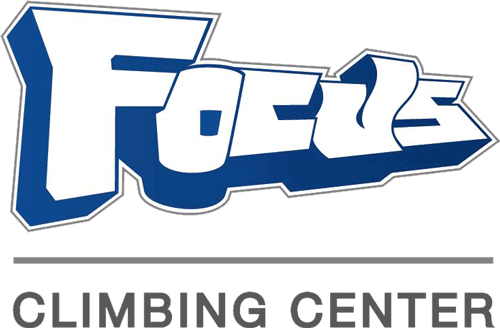This article was sent to me by one of our members– quite interesting. See below:
Dr Ross Lorimer
Sport Science Coordinator for Scottish Climbing Top Contributor
Hi everyone,
Sorry I haven’t posted here in a while. My role as Sport Science Coordinator is a volunteer role and often clashes with my job at the University and my other research.
We have some exciting stuff going on. Just now we have a nice little study looking at ‘pump’. I’m constantly telling people that pump is not caused by lactic acid, nor is it the cause or result of fatigue (it just normally occurs at the same time). Essentially what we have done is demonstrate that we can induce pump in the lab (doing repeated grips etc) and that it is the same as that which occurs during climbing (we’ve compared measurements taken during climbing and in the lab). We then used the lab work to control and analyze what was going on.
What we see is that pump is a systems physiology phenomena, and so being fitter etc doesn’t reduce it or make it less likely to happen. In fact having stronger muscles or being able to grip harder and longer can make pump worse. While there is a slight increase in blood lactate it is really tiny, instead we see an increase of blood flow into the arm and a decrease of blood flow out of the arm. This isn’t due to any change in heart rate or capillary constriction, it is a mechanical effect as a result of blocking blood flow (as the muscles constrict when we grip to the rock/wall) and then removing that block (relaxing the muscles/releasing the grip). Pump therefore can really only be significantly avoided by being more skilled, i.e., gripping less tightly, putting less force through the arms etc.
This is why we don’t see pump much in children – they are light and can’t grip as tightly as an adult – less grip means a smaller occlusion meaning a smaller response. I hate that we often use pump as a training indicator or sign of fatigue – something embeded in our climbing culture I’d like to get rid of. It is a bit like shaking out – we all do it – but it has been shown in controlled research to have no benefits. I’ll be talking about this and some other important (well, important in my opinion anyway!) physiological and anatomical demands of climbing at the upcoming Scottish Climbing Coach Symposium next month.

